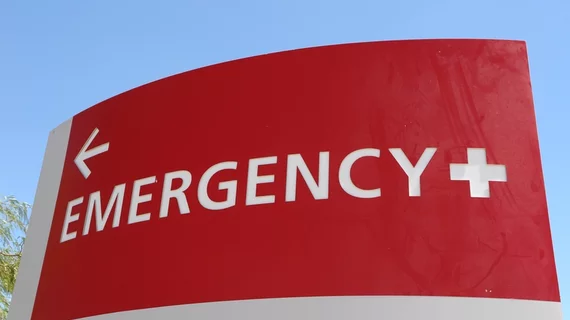Top imaging groups warn delayed screenings could cause ‘second healthcare crisis’
The American College of Radiology, along with seven other leading imaging organizations, warned governors Monday that cancer screenings delayed during the pandemic may lead to a “second health crisis.”
Radiology membership groups sounded this alarm in a letter addressed to the head of the National Governors Association Bill McBride. Patients whose disease would normally be diagnosed on imaging exams, such as MRI, PET, CT, or mammography, may instead be getting worse. This can lead to more serious and potentially permanent consequences down the road.
And while the medical community is working to address the backlog of non-COVID patients seeking care, delays could result in more than 10,000 deaths, according to a study cited in the letter.
“The ongoing uncertainty over suspended nonemergent procedures has created anxiety for providers and patients alike,” wrote Patrick Hope, executive director of MITA. “The consequences of missed diagnosis or unchecked progression of disease can be severe and last for years—so states have the responsibility to take action quickly to safely resume imaging services.”
Specifically, the letter “strongly recommends” governors take action allowing patients to undergo timely procedures to address health conditions in settings that don’t restrict providers treating COVID-19 patients.
“Cancer and other diseases do not stop, and imaging should not either,” Hope wrote in the July 20 communication. “We welcome the opportunity to work with the National Governors Association and your members on these efforts to ensure access to necessary screenings and treatments, safely, during this crisis.”
In addition to the ACR, the Medical Imaging & Technology Alliance, Centers for Diagnostic Imaging, Association for Quality Imaging, American Society of Radiologic Technologists, Radiology Business Management Association, and Society of Nuclear Medicine and Molecular Imaging all signed the July 20 letter.

